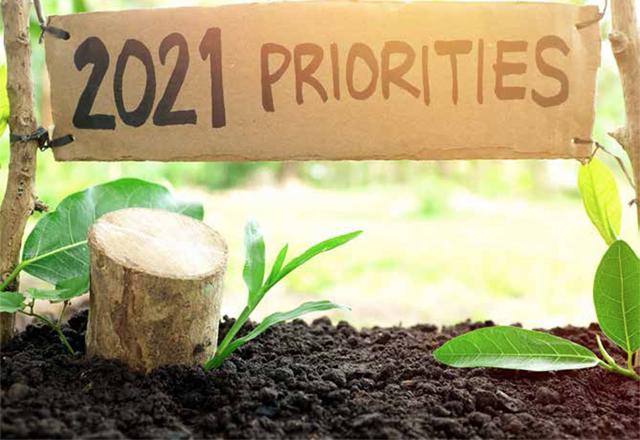You are here
Public speaker? Tips and tricks to succeed at your next event
By Dr Tareq Rasheed , Family Flavours - Sep 08,2019 - Last updated at Sep 09,2019

Photo courtesy of Family Flavours magazine
By Dr Tareq Rasheed
International Consultant and Trainer
One of the most important skills for leaders is public speaking as leadership is in part the art of influencing followers to achieve goals. Excellent influencers in all industries (business, engineering, politics and education) rely primarily on their ability to address followers to make the desired impact.
According to research, when classifying the highest ten types of fear, public speaking is ranked second after fear of death. So how can we get better at it?
Public speaking is a communication skill, and anyone can learn how to master a skill. But first we have to apply the model of sustainable development for skills: the KASH Model (Knowledge, Skills, Attitude and Habit).
The KASH Model
Knowledge represents the theoretical part of learning. But what is the point of knowledge without application? First we need to adopt the right attitude and then develop the skill to be able to transfer theory into practice. Finally, our habit involves applying the knowledge effectively and performing the skills. This all comes together with continuous application, assessment and feedback.
The PAT tool to master public speaking
PAT represents Purpose, Attendees and Techniques:
•Purpose: Is your event social or professional in nature? What are the main objectives? Your speech should address the theme of the occasion
•Attendees: Who are the attendees – their age, position, gender, culture, their interest and why are they attending? Once you know your audience, the secret of influence is to target their circle or circles of interest
•Techniques: Use suitable techniques pre-speaking, during and post-speaking to attract attention
Pre-speaking tips
•Know the location, ask about the setting, where you will stand, the room set-up (theatre, style, classroom, round tables, etc...). Do you need a microphone? Be comfortable with the lighting and ensure that your audience can see you from all directions
• Plan to arrive a few minutes ahead of schedule. Being late is a bad sign for public speakers, and coming too early may make the organisers uncomfortable as they are likely to be busy making final preparations
• Dress according to the occasion: formal or semi-formal. For most speeches, formal dress is needed. I recommend men wear dark coloured suites and dark red ties, while women have more options, but cultural sensitivity should always be taken into consideration
Speech tips
• Start by welcoming the audience, referring to the occasion and using emotions to help deliver your message. Speak slowly but consistently, watch your tone of voice and vary the tune, raising your voice when you need to confirm or stress on a certain point and lowering your voice when you need to attract attention. Boring public speaking is when the voice tone is constant. There are three methods of speech delivery:
• Using written speech and reading off a paper is the worst and most ineffective form of speech delivery as people lose interest quickly
• Having small index cards with just headings or key prompt words – this is helpful when the speech is lengthy and you need to remember the points in sequence
• Not using any notes is most effective, but you have to be well prepared and organised with a structure or sequence in mind. It’s also important not to lose focus, even with distractions and noise around Watch your body language carefully. I will address the techniques of effective body language in another article. However, an essential tip is to keep eye contact with your audience and use open hands (never close your hands).
Post-speaking tips
When you finish addressing your audience, allow some time for questions and discussion. You do not have to answer all questions, especially those that aren’t relevant to your topic. Take feedback and assess your delivery to learn from for your next public speaking engagement.
Public speaking helps a lot of influencers (politicians, business people, marketers, teachers and academicians) deliver their message and achieve their purpose. It’s a road towards success in personal and professional life. Once you learn and start to apply the techniques, you will gain and master the skills of public speaking.
Reprinted with permission from Family Flavours magazine
Related Articles
We are born twice: The birth of our body along with our ID (Identification), showing our names, place and date of birth and nationality. However, our real birth is our second birth: The birth of the mind, heart and soul. It’s when we can answer the most important question in our lives — who am I?
Have you ever helped your child memorise material for a test and then end up with your child going “blank” during the exam? To help your child reduce “blanking out”, your child needs to practise and try different memory strategies.















